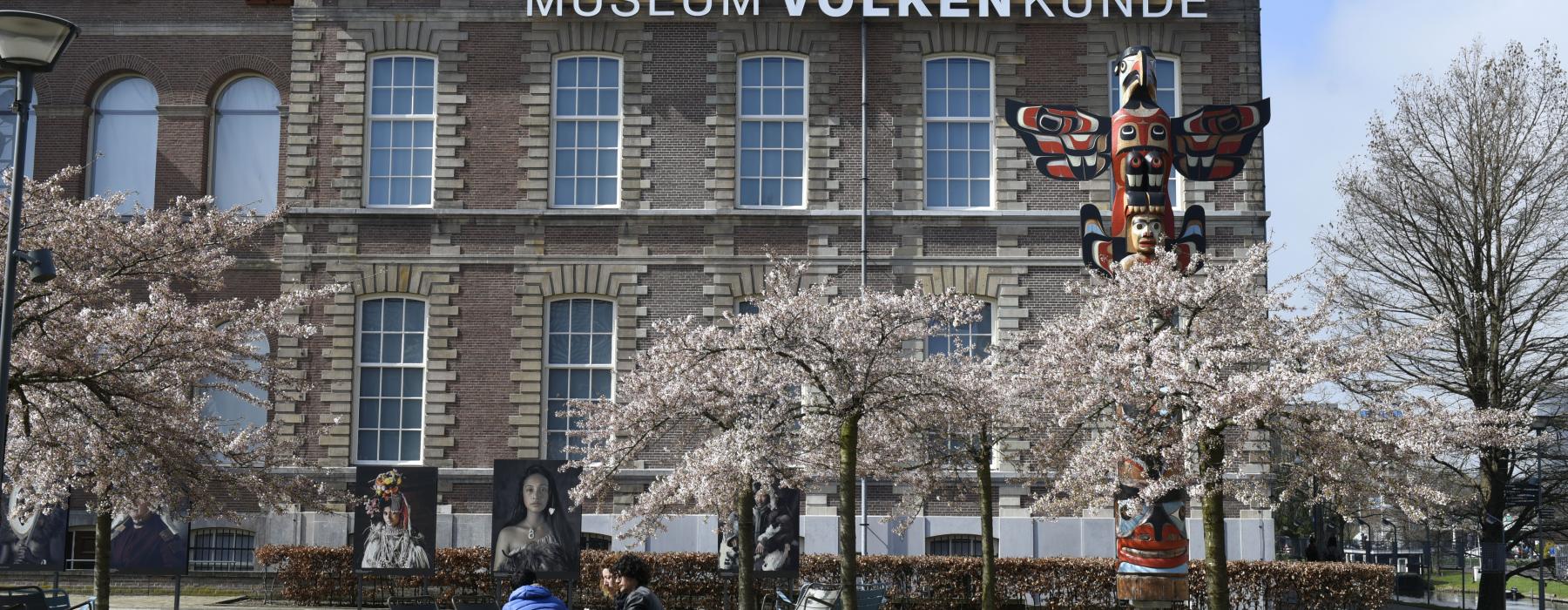
‘We know that many parts of our collection were acquired during the colonial period, a time of injustice and inequality’, explains Stijn Schoonderwoerd, director of NMVW. ‘Objects changed hands in a variety of ways in the course of four centuries of worldwide colonialism, and it is certain that we have objects in our care that were not relinquished voluntarily by the original owner. Where this is the case, claims for return are justifiable in the view of NMVW. If we state today, following agreed international conventions, that objects taken in situations of contemporary armed conflicts do not belong in our collection, why would that same principle not apply in the case of objects that were seized without consent a hundred years ago?’